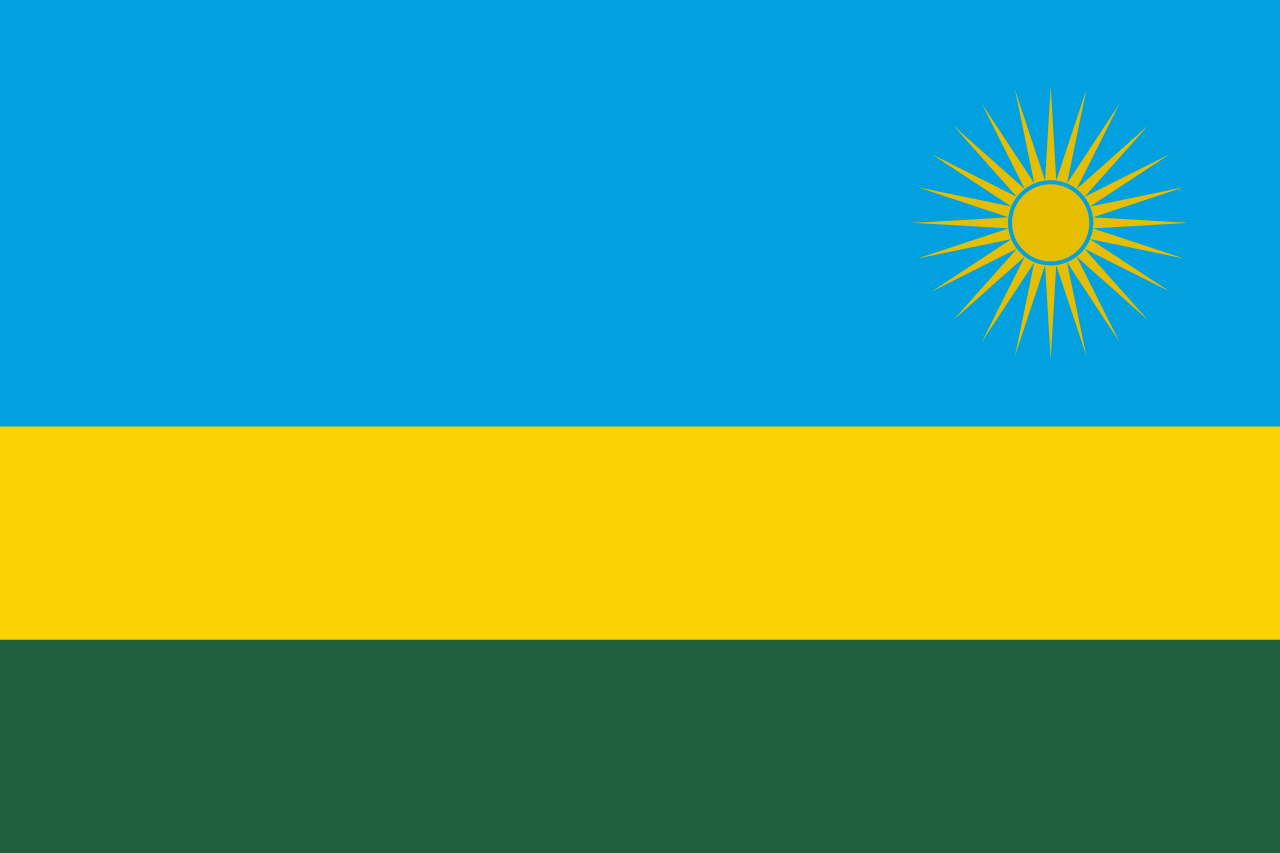MP Fatuma Ndangiza, Chairperson of the East African Legislative Assembly’s Committee on Regional Affairs and Conflict Resolution, on Saturday, December 11, delivered a solidarity statement during the “special occasion” of the adoption of the Southern African Development Community Model Law on Gender-Based Violence.
Her message of solidarity, delivered on behalf of EALA, was delivered at the 50th SADC Parliamentary forum plenary session.
The SADC Model Law on Gender-Based Violence, she noted, is “such an important legal instrument” that provides an opportunity to strengthen synergy with the SADC Parliamentary Forum to “outlaw GBV from our respective regions.”
Ndangiza said: “Gender based violence is a serious concern that constitute gross human rights violation of women’s rights and a threat to peace and security in the African Continent and globally.
“The Model Law is very comprehensive and has best practice provisions that can be adopted by member states or adapted to fit their existing laws.”
The adoption of the SADC Model Law happened a day after the 16 days of activism against gender based violence themed: ’’Orange the world: end violence against women now.”
It also took place after a few weeks when DR Congo President Felix Antoine Tshisekedi - who is the AU 2021 Chairperson - organized a men’s conference in Kinshasa, on the positive masculinity: Galvanizing to end the scourge of violence in Africa.
The high level event was attended by a number of African Heads of State including President Paul Kagame and former Liberian President, Ellen Johnsson Sirlief.
Ndangiza noted that it is well established that sexual and gender-based violence is caused by unequal power relations between men and women, socio-cultural norms that normalize GBV practices and changing gender roles.
Poverty and illiteracy, she said, breakdown of the family unit and support systems, insecurity, crisis and conflict and political instability also contribute to sexual and gender-based violence.
“It is very important therefore to ensure that we address the root causes of GBV and tackle all its enabling factors,” Ndangiza said.
“To that effect, Parliament should discharge its mandate to advance gender equality through gender-responsive legislation, equal representation in decision-making, governance and holding our governments accountable on gender commitments.”
According to the UN women, globally, one in three women have been subjected to intimate partner violence or both at least once in their life (30% of women aged 15 and above).
“This figure excludes sexual harassment. Despite a number of interventions against GBV by various stakeholders, the magnitude of GBV, as amplified by the impact of the ongoing Covid-19 pandemic remains at a very alarming level. The latest figures of UN women confirm that during the pandemic, levels of violence against women and girls have increased,” she said.
As noted, across 13 countries, almost half of all women reported GBV or saw a woman who experienced GBV during the pandemic and almost a quarter of women reported household conflicts had become more frequent. The same proportion felt less safe at home.
In the EAC region, a Regional Forum themed Borderless Partnership against Gender Based Violence which was convened to commemorate the 16 Days of Activism against GBV observed that Partner States reported a 48 per cent sharp increase in the number of GBV cases due to Covid-19 pandemic.
The forms of violence include rape, defilement, unwanted pregnancies, increased infection rates of sexually transmitted diseases, including HIV as well as injuries and mutilation of body parts.
Ndangiza said: “We are also aware that these data do not include many unreported cases of GBV for fear of stigmatization and avoidance of family shame.”
The AU categorises violence against women as “one of the most egregious forms” of discrimination and a critical impediment to women’s realization of their fundamental human rights.
Ending violence and discrimination against women and girls is thus one of the AU priorities so as to achieve full gender equality in all spheres of life on the continent.
Ndangiza assured SADC lawmakers of EALA’s readiness and commitment to partner with them “as we strive” to achieve effective implementation of regional and national laws against GBV.
“To that effect, we should explore joint actions to be undertaken within our traditional roles of legislation, representation and oversight. Violence against women and girls is unacceptable, we must join our efforts to tackle the root causes of violence, change patriarchal mindsets and engage men to eliminate violence against women and girls.” - James Karuhanga, The New Times











